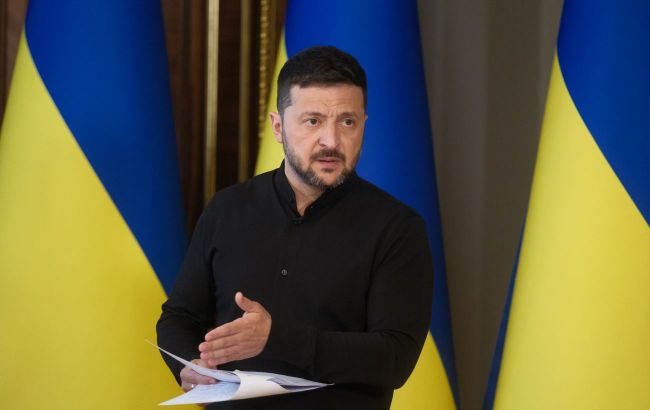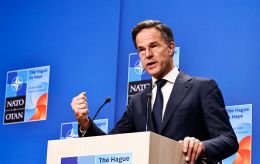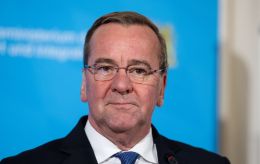Zelenskyy urges NATO to respond to Russian drones entering Poland
 Photo: Ukrainian President Volodymyr Zelenskyy (Vitalii Nosach, RBC-Ukraine)
Photo: Ukrainian President Volodymyr Zelenskyy (Vitalii Nosach, RBC-Ukraine)
Ukrainian President Volodymyr Zelenskyy said at the Yalta European Strategy Conference (YES) that NATO must respond to Russian drones entering Poland. He added that partners should help strengthen Ukraine's air defense systems.
"I do not think NATO has failed. Where NATO is present, there is no war. We believe it is a strong alliance. During the war, there have not been such massive strikes on the territory of any NATO country. But now, strikes have reached Romania and Poland. I believe there needs to be a response," he said.
The president clarified that this does not mean NATO should deploy specific weapons. According to Zelenskyy, strong responses are needed, such as providing Ukraine with weapons it has never had before.
"Why? Because drones are flying, and Ukrainians cannot shoot them down. Some drones enter NATO countries' territory. We will give Ukrainians the weapons they have requested for so long. These weapons will not target drones directly, but the factories where the drones are produced. This is not about NATO. This is about Ukraine," Zelenskyy said.
Russian drones over Poland
On the night of September 10, Russia attacked Ukraine with drones and missiles. Several drones entered Polish airspace, prompting Warsaw to fire weapons from aircraft for the first time against Russian drones.
Polish Prime Minister Donald Tusk said Polish airspace was violated at least 19 times. He noted that this is the first time drones entered Poland not from Ukraine, due to mistakes or minor Russian provocations, but directly from Belarus.
In total, Poland recovered debris from 16 Russian drones that entered its territory during the attack.
In response to the Russian drone incursion, NATO activated Article 4 of the North Atlantic Treaty. The article provides for consultations among member states when they believe the territorial integrity, political independence, or security of any party is threatened.

